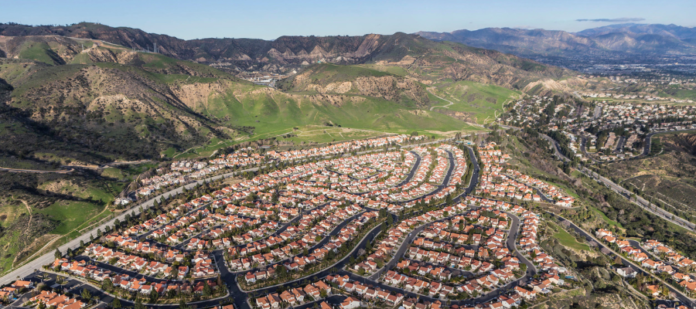University of California, Los Angeles researchers have been awarded $21 million by the Los Angeles County Department of Public Health to conduct a study of the 2016 Aliso Canyon gas leak.
The Aliso Canyon Disaster Health Research Study, announced last month, will evaluate the short- and long-term health impacts of the gas blowout, which occurred during 2015 and 2016 in the area of Porter Ranch.
A multidisciplinary team of UCLA scientists and health care practitioners will conduct the five-component study, which will consist of a “health and health care use assessment, exposure assessment, community engagement, data management and statistical analysis, and overall program administration,” according to a statement from the university.
The leak was the largest underground gas storage-facility disaster in the history of the United States; it released an estimated 109,000 tons of methane until it was sealed — more than three months after it began — on Feb. 11, 2016.
Roughly 232,200 residents resided within a five-mile radius of the facility where the leak occurred. They reported experiencing foul odors, oily mists and symptoms including headaches, nausea, vomiting, nose bleeds, coughing and irritation of the eyes, nose and throat.
The residents impacted by the gas leak reached a settlement with SoCalGas worth as much as $1.8 billion that compensated more than 30,000 plaintiffs. SoCalGas, or Southern California Gas Co., is a subsidiary of Sempra Energy; it is a holding company, as opposed to a public utility organization.
“People living close to the Aliso Canyon natural gas storage facility have legitimate questions about how emissions from the facility might affect their health now and in the future,” Dr. Michael Jerrett, a UCLA Fielding School of Public Health professor of environmental health sciences and co-principal investigator of the study, said in a statement.
“The outcomes of these studies will be exceptionally important, and also at times very complex,” Jerrett said in a statement. The study will take place over five years, and it could be extended it for up to five additional one-year periods.
“With the researchers in place, we are on the path to scientifically investigate unanswered questions and concerns raised by the communities that were impacted by the Aliso Canyon disaster,” Dr. Barbara Ferrer, the director of the public health department, said in a statement.
